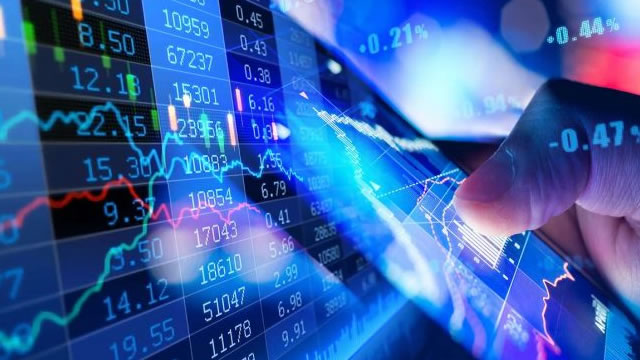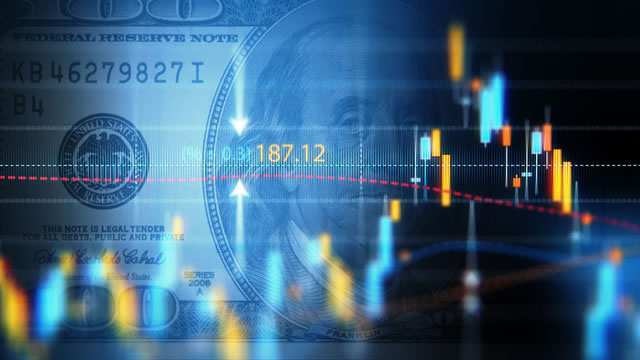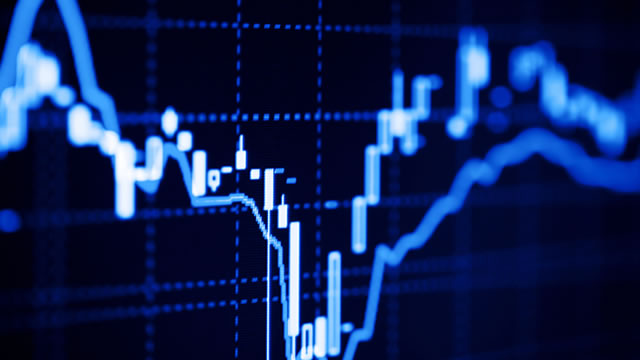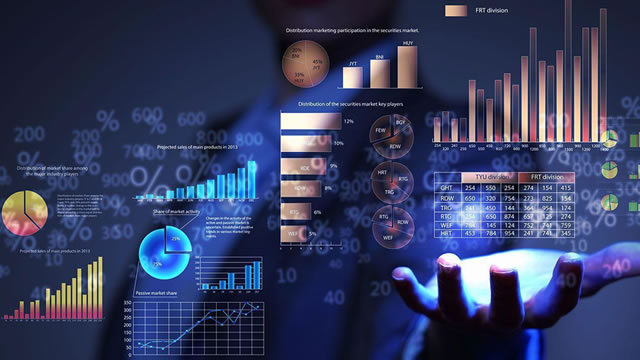Trading in the Age of Online Platforms
The Rise of Online Trading
Trading today has moved online, opened up vastly to retail participants, is closely tied in with social media platforms such as, notably, Reddit and X (formerly Twitter), and now incorporates, through bitcoin and the rest of the crypto landscape, an entirely new digital asset class. And this is all, broadly, a good thing which has, when viewed in the most positive light, created a democratized trading and investment environment.
However, what one cannot avoid if spending much time in this frantic digital trading environment is the overwhelming amount of information, noise, and sometimes outright manipulation that can occur. With the rise of meme stocks, day trading chatter on social media, and the volatile nature of cryptocurrency, it is easy to get swept up in the excitement and frenzy of online trading.
The Influence of Social Media
Social media platforms have played a significant role in shaping the landscape of online trading. Reddit, in particular, has gained immense popularity as a forum for retail traders to discuss and share investment ideas. The power of collective action on platforms like Reddit has been demonstrated through events like the GameStop short squeeze, where a group of retail traders coordinated to drive up the price of a stock.
Similarly, X (formerly Twitter) has become a hub for financial discussions, with traders and influencers sharing tips, analysis, and real-time market updates. The real-time nature of these platforms has led to a new era of trading, where information spreads rapidly and can have an immediate impact on market prices.
The Emergence of Crypto
Bitcoin and other cryptocurrencies have introduced an entirely new asset class to the world of trading. The decentralized nature of cryptocurrencies, coupled with their volatility and potential for high returns, has attracted a new wave of investors to the market. The rise of decentralized finance (DeFi) and non-fungible tokens (NFTs) has further expanded the possibilities for trading in the digital realm.
While the opportunities in online trading are vast, it is important for traders to approach this space with caution and diligence. The fast-paced nature of online trading can lead to impulsive decisions and increased risk. It is essential to conduct thorough research, diversify your portfolio, and seek advice from experienced traders to navigate this new trading landscape successfully.
Impact on Individuals
For individual traders, the shift to online platforms offers greater accessibility and convenience in trading. The ability to trade from anywhere with an internet connection, access a wide range of financial instruments, and connect with a global community of traders has democratized the trading experience.
However, the rise of online trading also poses risks for individual investors, such as heightened volatility, information overload, and susceptibility to market manipulation. It is crucial for individuals to educate themselves about the risks involved in online trading and develop a solid trading strategy to protect their investments.
Impact on the World
The rise of online trading has global implications, reshaping the way financial markets operate and how investments are made. The interconnected nature of online platforms means that market movements and trends can spread rapidly across borders, impacting economies and industries worldwide.
Additionally, the integration of cryptocurrencies and digital assets into the trading landscape has the potential to revolutionize traditional financial systems and create new opportunities for innovation and growth. As online trading continues to evolve, regulators, policymakers, and market participants will need to adapt to ensure a fair and transparent trading environment for all stakeholders.
Conclusion
In conclusion, the shift to online trading has brought about exciting opportunities and challenges for traders around the world. The fusion of social media, cryptocurrencies, and digital assets has created a dynamic trading environment that is both decentralized and interconnected. As individuals navigate this new era of trading, it is essential to remain informed, vigilant, and adaptable to succeed in an ever-changing market landscape.





